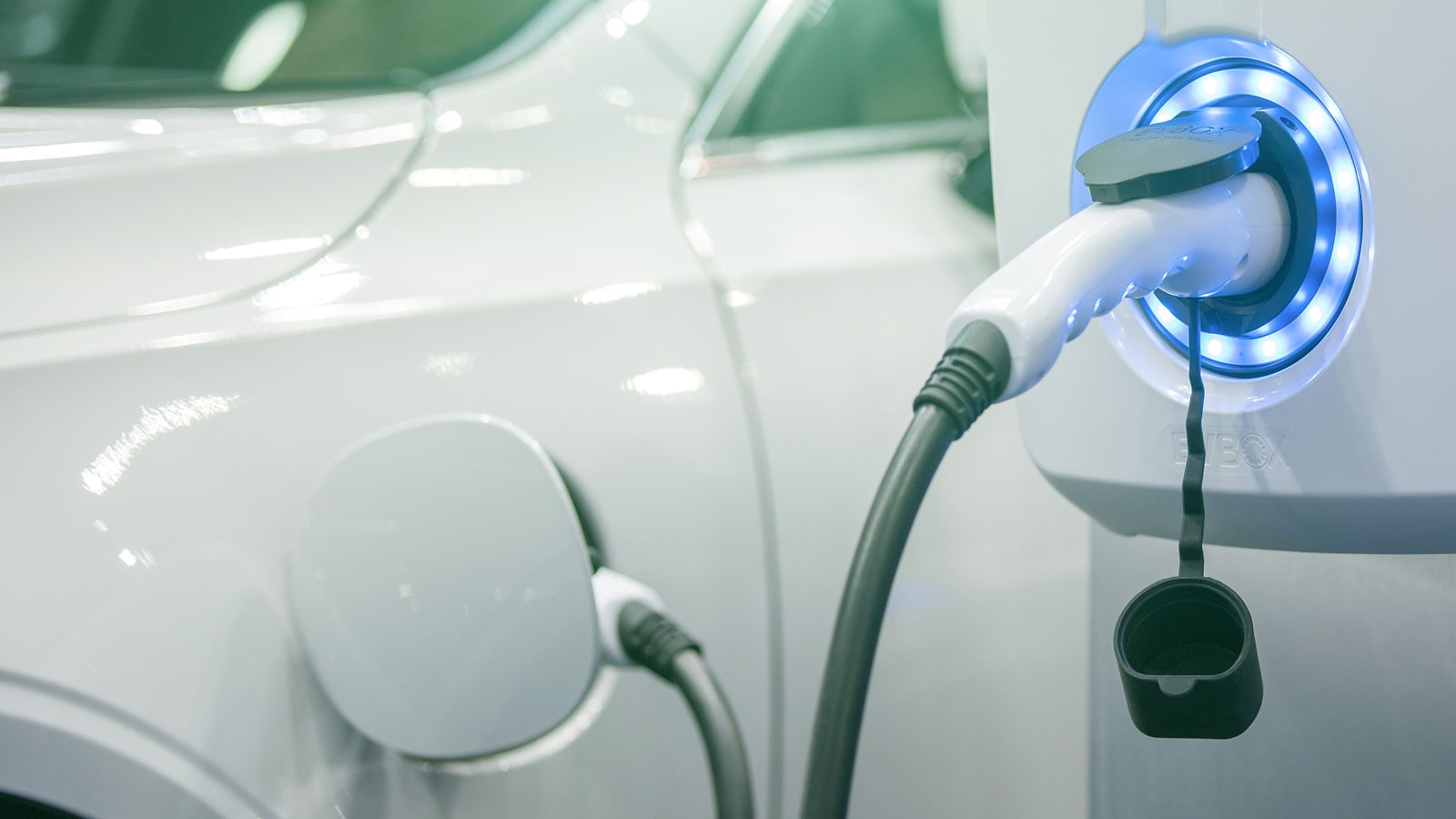Chinese carmakers are eager to enter the EU market and gain the trust of European consumers. However, in addition to traditional brand loyalty, European consumers are increasingly placing importance on clean environmental and social sustainability. This shift offers an opportunity for disruptive EV manufacturers to gain market share by highlighting their sustainability credentials and differentiating themselves from established car brands.
The status quo for Chinese Electric Vehicles in the EU
In the past, some Chinese carmakers faced major challenges in gaining a foothold in the European Union. Chinese brands were unknown, European consumers preferred local (European) car brands and there were concerns about the reliability and safety of Chinese cars.
‘Chinese carmakers have increasingly focused on improving the quality and dependability of their vehicles,’ according to Stan Berings, who heads the automotive team at PwC Netherlands. ‘This commitment is reflected in improvements in technology, manufacturing processes and quality control measures, which are now in line with international standards. This has led to a significant increase in their market share (see fig. 1). In recent years, the market has shifted from a strong focus on traditional brands to a preference for other aspects, such as sustainability, technology and innovation.
Chinese OEM's are gaining in their domestic and German market alike, with their BEVs outpacing the total Chinese brand sales in Germany
The challenge ahead: ESG disclosures and regulatory compliance
Navigating between the distinct business cultures and government structures of the EU and China presents a significant challenge for Chinese car manufacturers. Financial reporting is already a complex issue due to differing accounting standards and transparency requirements, but this is further complicated by non-financial (ESG) reporting. The EU is a global leader in this area. Some EU subsidiaries of these Chinese companies fall under the Corporate Sustainability Reporting Directive (CSRD) and will be obligated to report as early as fiscal year 2025.
Besides being a challenge, sustainability reporting is also an opportunity for Chinese companies. By being exceptionally transparent, collecting comprehensive data, and excelling in ESG reporting, they can use this as a vessel to gain the trust of European consumers.
‘Chinese electric vehicle manufacturers are leading in technology and innovation, including significant developments in batteries. These companies also want to be sustainability front runners. I expect them to take this issue just as seriously,’ said Berings.
Consistent focus on sustainability
The CSRD provides the opportunity for sustainable business transformation by embedding ESG principles into the overall business strategy. This ensures a consistent focus on sustainability in the short, medium, and long term. This strategic approach not only helps to build a resilient and responsible business in line with global sustainability goals, but also facilitates regulatory compliance within and outside the European Union.
Additionally, by setting higher reporting ambitions, Chinese companies can better address the three-pronged challenge facing electric vehicles manufacturers in the EU:
the EU Battery Regulation, which imposes stricter requirements on battery manufacturers as of 2023, including the introduction of a battery passport to increase transparency and a mandatory due diligence;
the Forced Labour Regulation (FLR), which will come into force in the next two years and will prohibit trade in goods produced using child, slave, or forced labour;
the Corporate Sustainability Due Diligence Directive (CSDDD) requiring companies to implement a comprehensive six-step due diligence starting in 2027.
‘CSRD disclosures will enable these companies to demonstrate their sustainability efforts and thus communicate their serious commitment to ESG goals to the wider public, including potential consumers,’ Max Wagman, PwC’s CSRD advisor.
Strategic imperative
Furthermore, sustainability disclosures are becoming increasingly important worldwide, requiring companies to be organisationally prepared for ESG reporting. ‘This is becoming a strategic imperative for future expansion into new markets. For example, the International Sustainability Standards Board (ISSB) disclosures will form the basis of reporting standards in Australia, Brazil, Costa Rica, Malaysia, Nigeria, the UK and other jurisdictions. Chinese manufacturers can leverage CSRD disclosures and processes to report more efficiently on ISSB on a global scale. This may even benefit their domestic operations, as on 27 May 2024, China itself announced a draft framework for corporate sustainability disclosures that is broadly similar to the ISSB framework,' clarifies Wagman.
Building consumer trust
In summary, Chinese car companies are at a pivotal juncture, facing both significant challenges and tremendous opportunities presented by mandatory sustainability disclosures. By adopting stringent sustainability standards and aligning with the expectations of the European Union, these companies can strengthen their credibility and solidify their market presence. Increased transparency and robust sustainability reporting not only ensure regulatory compliance with disclosure and due diligence standards but are also instrumental in building trust with European consumers and regulators.
‘Chinese EV-carmakers have been paying increasing attention to improving the quality and reliability of their vehicles’
Stan BeringsPartner and lead Automotive team, PwC NetherlandsDownload Strategy& study:
China automotive value pools 2030
Contact us


Tax Partner, EMEA Connected Tax Compliance Lead, PwC Netherlands
Tel: +31 (0)62 013 85 60
















